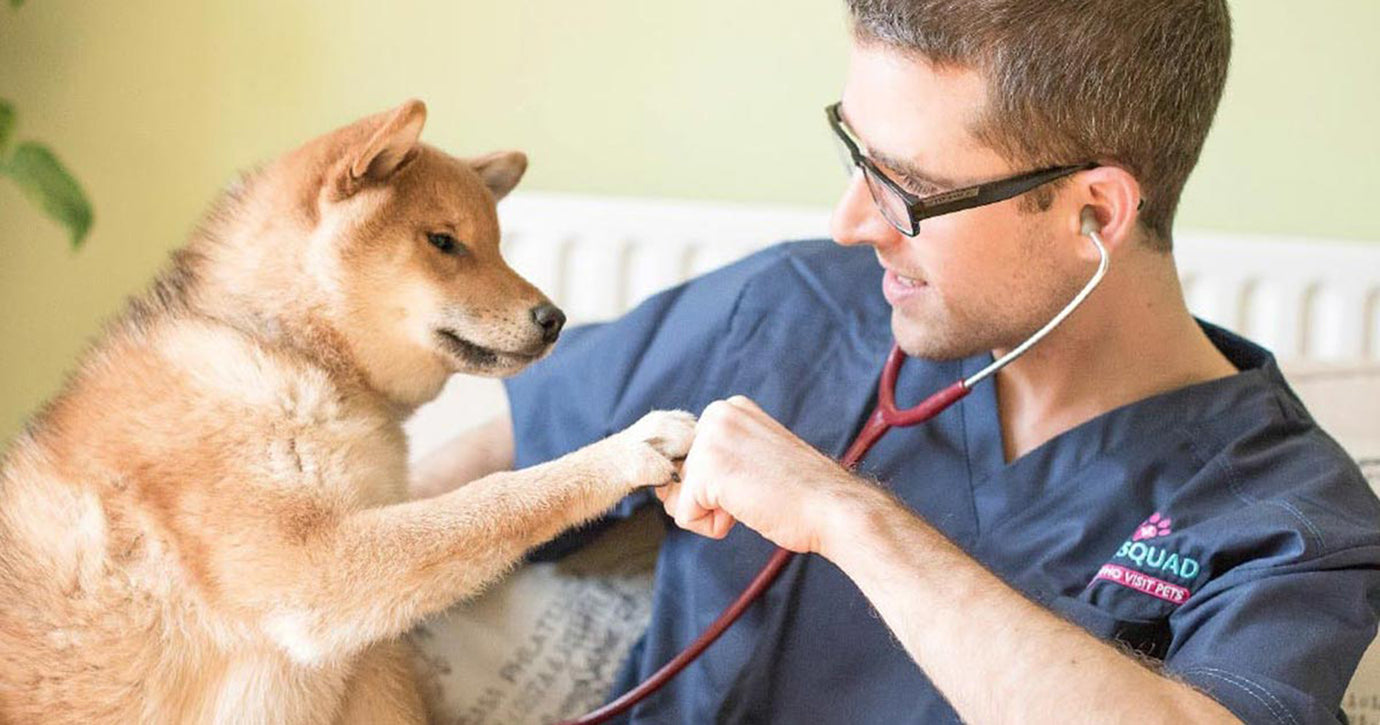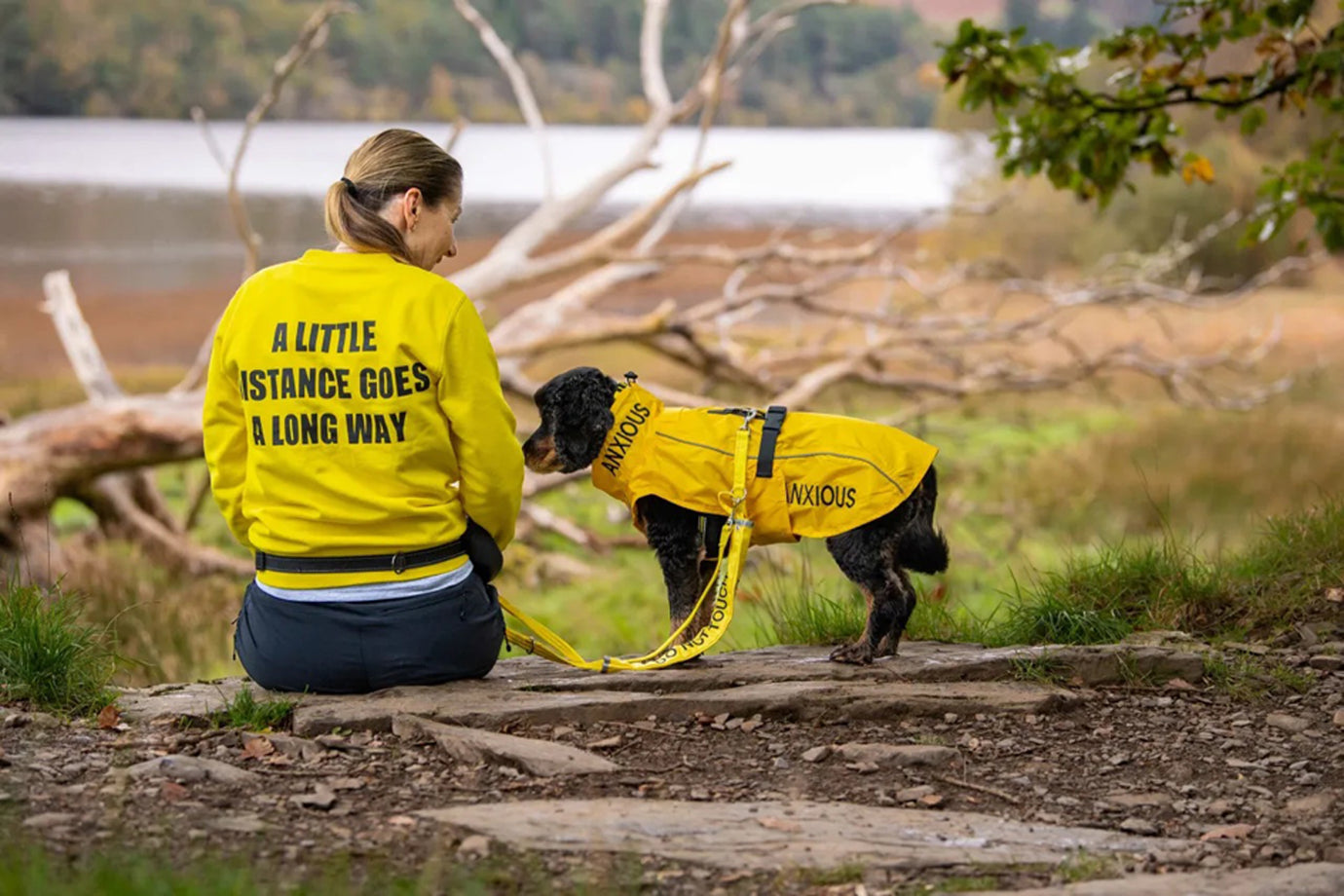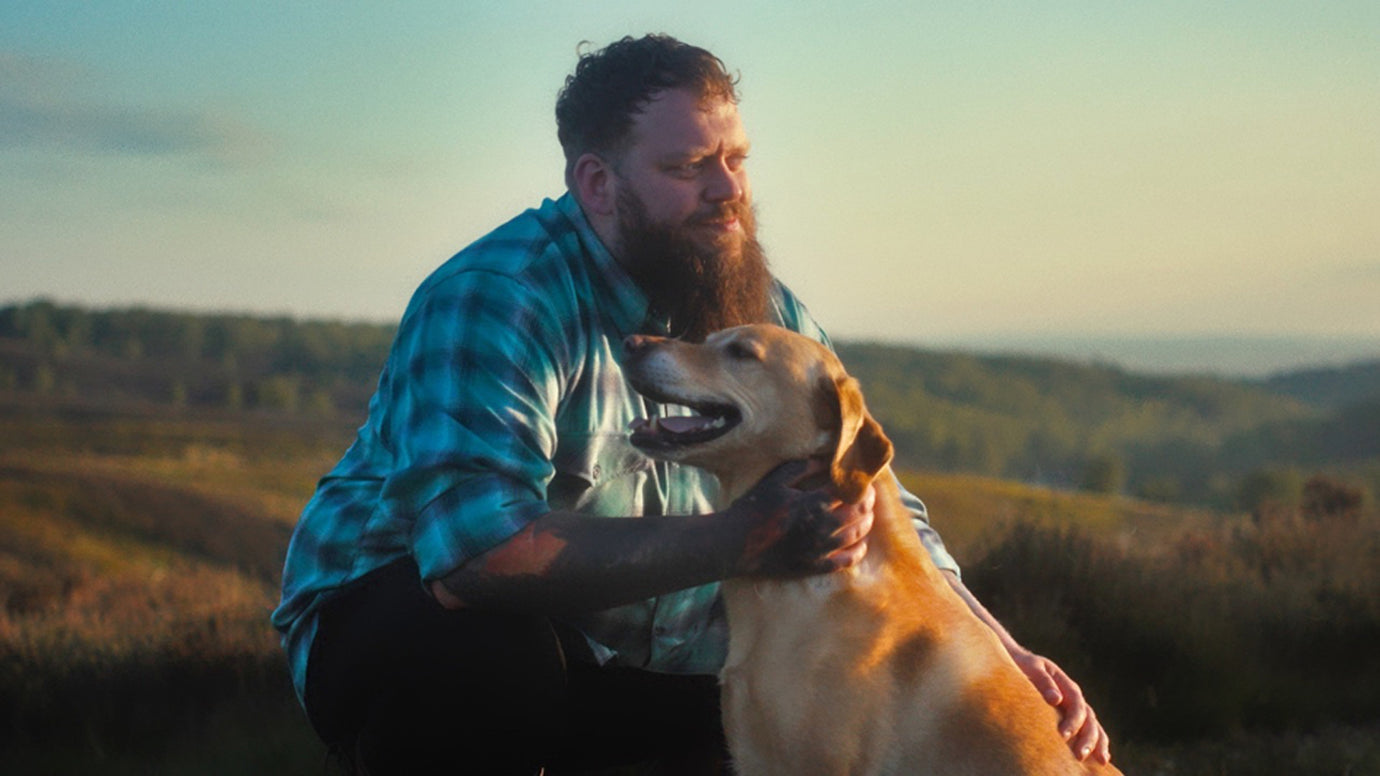Steady decline in UK pets, reveals Pfma's Annual Pet Population Survey

2014-15 figures confirm there are around 58.4 m pets in the UK compared to 64.9 m in 2013-14 and 69.2 m in 2012-13. The number of households with pets has fallen to 12 m (46%) from 13 m (48%) in the same period.
PFMA reports that the PFMA research is a long-standing survey of the UK pet population tracking the peaks and troughs over the years. The decline is across most pet types including dogs, cats, rabbits, fish, birds, other small furries and reptiles.
Michael Bellingham, PFMA Chief Executive and Chairman of National Pet Month, comments on the results:
“Having withstood the recession when many households had to tighten their belts, many may find it somewhat surprising that we are now seeing a decline.
There is no single stand out factor. Family finances are likely to play a role but we also believe that the pet industry’s responsible pet ownership messages are cutting through and as a result owners are thinking twice before adding a pet to their family, wanting to give the best care possible.
These figures mirror the situation in other developed countries with a strong focus on responsible ownership such as the US.”
Dogs are still considered man’s best friend but there has been a slight decline to 8.5 m from 8.6 m in 2012-13.
Adrian Burder, Chief Executive of Dogs Trust the UK’s largest dog welfare charity commented on the research:
“We’re pleased that dogs remain the UK’s number one pet of choice. With this year’s slight decline in dog ownership, Dogs Trust hopes prospective owners are really considering whether getting a dog is right for them.
There were over 110,000 stray and abandoned dogs taken in by local authorities last year - so we would welcome any reduction in the number of impulse puppy purchases.”
The number of cats currently stands at 7.4 m versus 8.5 m in 2012- 2013.
Peter Hepburn, Cats Protection’s Chief Executive said: “Our own findings show that more people are giving up cats than adopting them.
This can be for a range of reasons including refusals by landlords or care homes to accept pets, loss of secure jobs and emigration, as well as people giving more careful consideration to whether or not they are able to care for a pet.
However, although we do our best to help as many unwanted cats as possible, the sad fact is we are constantly full looking after between 5,000 and 6,000 homeless cats so we’d welcome potential adopters coming forward to offer a cat a home.”
Rabbit ownership is down to 1 m from 1.3 m and there are now half a million pet birds versus 1 m three years ago.
June McNicholas, Psychologist, comments:
“More people are becoming aware of the need to research the costs and responsibilities of owning a particular type of pet prior to actually acquiring one.
Thanks to the wealth of information provided by animal welfare organisations which is now so readily available on-line, people find it easier to access the correct information to decide whether to become a pet owner, and which pet is most suited to their lifestyle, plus the costs and responsibilities involved in caring for a pet over its lifespan.
So, as we embrace National Pet Month - a true celebration of pet ownership, what are the implications of a declining pet population?
Michael Bellingham adds:
“Although we are delighted that pet owners and potential owners are taking a more responsible outlook, we would like to remind everyone of the huge psychological and physiological benefits of pets from reducing blood pressure and perceived levels of stress to increased fitness, as well as boosting self esteem and providing an invaluable companionship.
Ideally we would like many more households to benefit from this companionship.”
For more information on National Pet Month go to: www.nationalpetmonth.org.uk
(Story source: PFMA)





